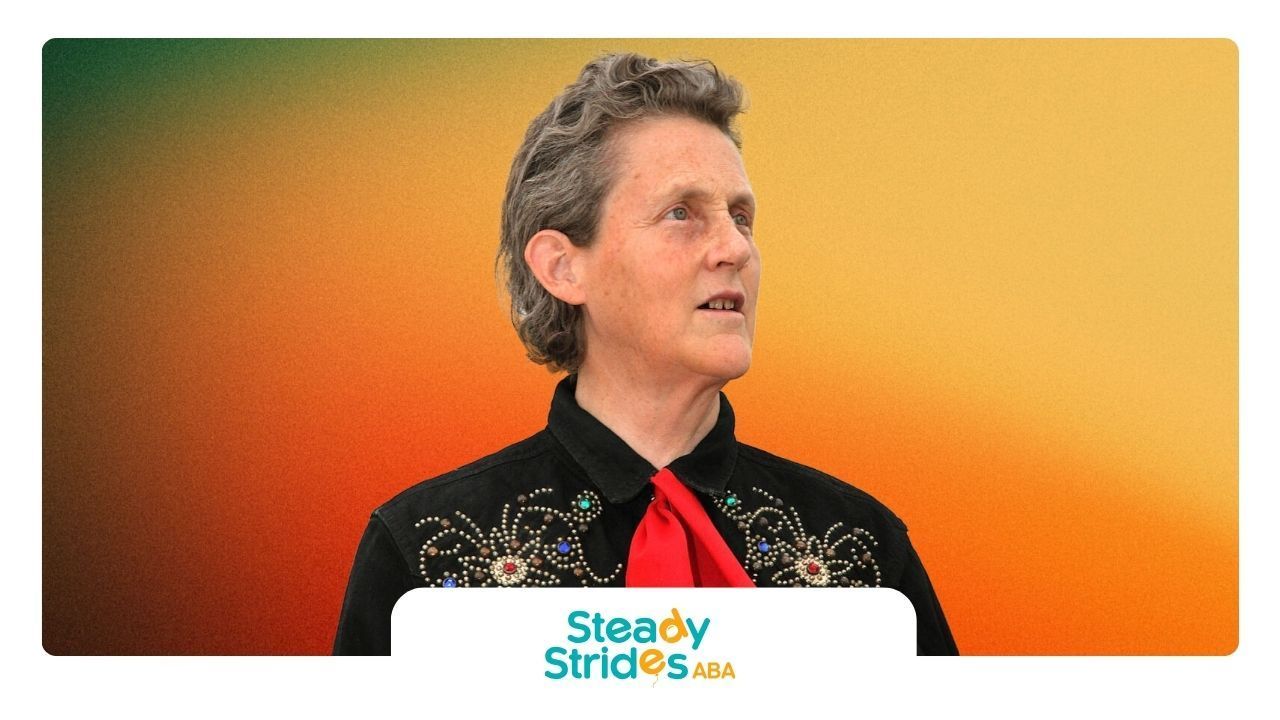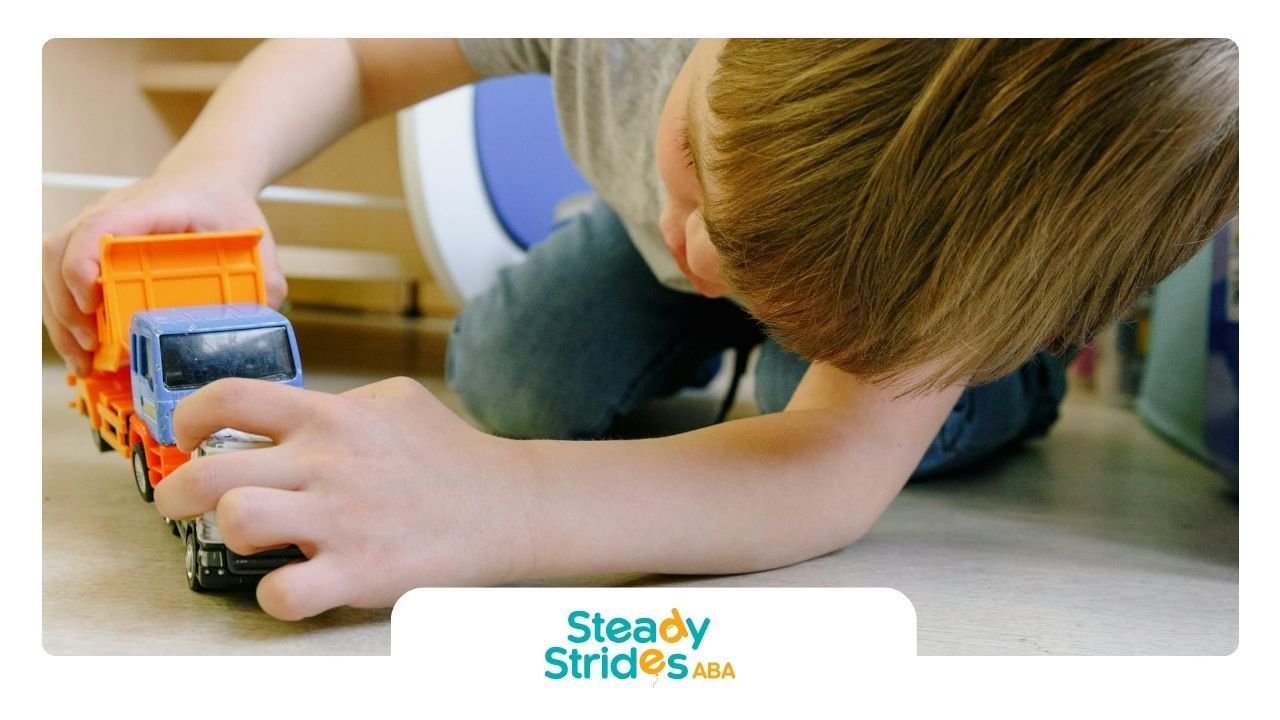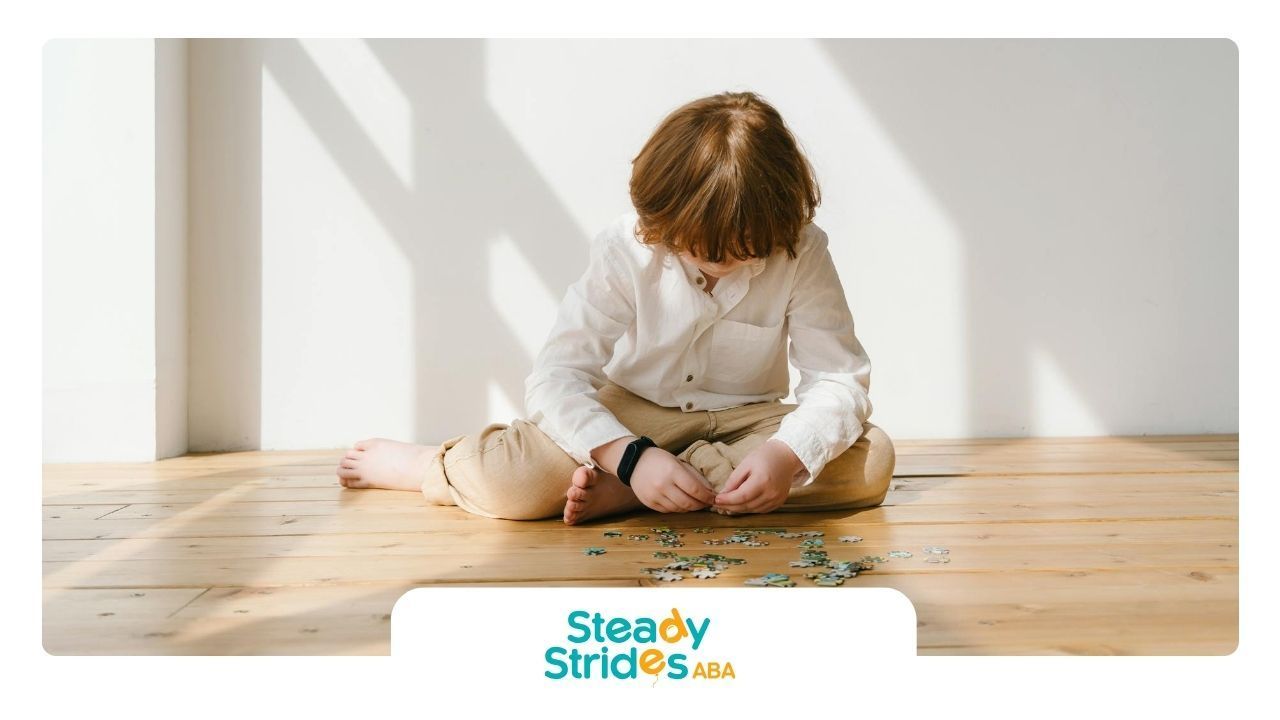Benefits of Games for Autistic Adults
When you’re talking about video games and autistic adults, it's like hitting the jackpot of perks – from mind-boosting to making new pals. Buckle in as we break it all down so families, teachers, and therapists can pick the best kind of gameplay for everyone.
Brain Boosts and Buddy Skills
Whether you're into the good ol’ board games or those flashy video ones, there's a big upside for folks with Autism Spectrum Condition (ASC). Games are like your brain’s gym, where autistic adults can stretch those thinking and problem-solving muscles.
Here’s the lowdown:
| Skill Area | Game Type | Benefits |
|---|---|---|
| Problem-Solving | Building and construction games | Sharpens thinking cap |
| Memory and Matching | Memory matching games | Boosts concentration and memory |
| Social Interaction | Multiplayer and cooperative games | Builds chatting and teamwork skills |
And it ain’t just about brain games, either. Jumping into multiplayer and cooperative games is like joining a club where you get to chat with others and learn a thing or two about teamwork. Who knows? You might even make some new friends along the way!
Power-Up Time with Games
Games aren't just fun and games – they’re gateways to feeling empowered. They let you unleash your creative side and express what’s on your mind. Games like Minecraft, Cities: Skylines, and Kerbal Space Program let players dream up and craft their own worlds, giving them a boost of control and pride.
Peek into the perks:
| Empowerment Aspect | Game Type | Outcome |
|---|---|---|
| Creativity | Building and construction games | Freedom to design and create |
| Emotional Expression | Narrative-driven games | Finds a way to share their story |
| Achievement | Goal-oriented games | Success builds self-confidence |
Beyond just passing time, these games create a chill space away from life’s pressures. Video games not only offer a good time but also sprinkle in some neat social perks, making life a bit brighter for those with autism.
Families and educators have a treasure chest of options like board games for autistic adults and autism-friendly games for adults to tap into these benefits in ways that feel right and supportive. Grab a controller and let the games begin!
Types of Games for Autistic Adults
Ever thought about how video games can be a blast and super-helpful all at once for autistic adults? It's true! There are different kinds of games out there that not only entertain but also help develop skills and provide good vibes. Let's check out three top categories: building games, memory games, and multiplayer games.
Building and Construction Games
Building games like Minecraft,
Cities: Skylines,
Kerbal Space Program, and
Stardew Valley grab the attention of many on the autism spectrum. These games let you dive into your imagination, letting creativity fly while offering a chill way to problem-solve and learn about space or city life.
They are all about erecting worlds brick by brick, tinkering with resources, and planning things out. They are open-ended, so you're free to create what feels right, which can be super calming and satisfying.
| Game Title | Benefits |
|---|---|
| Minecraft | Sparks creativity and teamwork |
| Cities: Skylines | Hones strategic and city-building skills |
| Kerbal Space Program | Teaches physics basics and engineering |
| Stardew Valley | Builds time management and social skills |
Memory Matching Games
Memory matching games? Think brain-boosters that are simple and fun! They challenge players to connect pairs, which sharpens memory and improves thinking skills. Whether on a board or a mobile app, these games are easy to get into and can be molded to fit personal interests from animals to magical things.
These games are where the brain meets fun, making learning feel like a natural part of playing. Adding a touch of personal stuff keeps players hooked.
| Game Format | Features |
|---|---|
| Board Games | Play with family or friends |
| Mobile Apps | Easy access and adjustable difficulties |
Multiplayer and Cooperative Games
Games that bring folks together? Multiplayer and cooperative games do just that! Perfect for those looking to hang out with others in a digital world. They encourage teamwork and communication while making the virtual space a vibrant playground.
Popular titles in this neck of the woods help players unite to meet goals, boosting confidence in social moves. It’s all about the squad vibe and growing those all-important skills in chatting and working with others.
| Game Title | Social Skills Developed |
|---|---|
| Among Us | Teamwork and strategy |
| Overcooked | Communication and planning |
| Fortnite | Cooperative and community building |
These game types shine a light on fun ways for autistic adults to chase their passions and sharpen their skills. Wanna find more? Peek at sensory-friendly games for autistic adults. Don’t forget the therapeutic games for autistic adults too!
Impact of Video Games on Autistic Adults
For autistic adults, video games aren't just a way to pass the time; they're like a secret ingredient for nurturing cognitive, social, and emotional growth. Gaming provides not only entertainment but also a chance to polish skills and make real connections.
Research Findings on Video Game Engagement
Studies show that folks with Autism Spectrum Disorder (ASD) tend to hit the game consoles more often than those without. Their intense interests naturally lead to a stronger pull towards gaming. Games aren't just fun; they become bridges for creating friendships and lessening social jitters.
| Aspect | Findings |
|---|---|
| Engagement Duration | Autistic folks are known to game longer than others |
| Social Interaction | Games lead to friendships in virtual communities |
| Stress Relief | Helps in melting away social stress |
Besides just being super fun, video games can boost communication and thinking skills, upping the quality of life overall. Done right, gaming makes chat and problem-solving a breeze.
Social Benefits of Multiplayer Online Games
Multiplayer games bring something extra to the table for autistic adults. These games become arenas where social skills can flourish, where teamwork becomes second nature, and where people learn to express themselves better.
Below, let's see how multiplayer games boost social benefits:
| Benefit | Description |
|---|---|
| Teamwork | Players band together, learning to make decisions as a unit |
| Communication | Engages players in chats, both verbal and non-verbal |
| Social Interaction | Provides a space for interaction without the typical social stress |
| Friendship Formation | Helps players connect and form friendships |
These gaming adventures can lift spirits, making players feel like part of a community. Multiplayer gaming stands out as a key way to build social smarts in autistic adults.
Parents and family members are encouraged to pick autism-friendly games for adults, finding a sweet spot for playtime to squeeze every bit of benefit out of these games. Whether online or around the table with good old board games, there's a universe of experiences waiting to be unlocked.
Virtual Reality and Augmented Reality for Autistic Adults
Opportunities for Skill Development
Virtual Reality (VR) and Augmented Reality (AR) aren't just about fancy graphics and cool gadgets; they're game-changers for autistic adults trying to fine-tune their skills. Imagine putting on some VR gear and suddenly you're navigating a bustling city street, learning social cues, or practicing crucial tasks like grocery shopping without the typical real-world stress. These tech marvels let users play around in controlled settings, making practicing communication and social skills, well, almost fun.
Plus, VR games can give a hefty boost to brain power. They've been linked to improvements in things like physical activity and pain relief when used in places like your local community center or during rehab sessions. When VR and AR are mixed into therapy routines, there's a clear path to better social skills and brain development for autistic adults.
Pilot Studies on VR and AR Usage
Research backs up the benefits of VR and AR for those with autism, particularly when it comes to building social skills. It turns out games aren't just mindless entertainment—they can really make a difference in helping with communication, especially when a parent or therapist is around to guide the process. These games create a no-pressure environment for autistic folks to try out social scenarios and reactions, honing skills along the way.
There’s an eye-catching study from the Max Planck Institute for Human Development that links playing video games to more gray matter in the brain. This isn't just junk science; that extra gray matter can refine both learned habits and new skills, showing that consistent game play—particularly those aimed at training—can leave a lasting mark on one’s cognitive and functional prowess.
To wrap it up, VR and AR bring a fresh perspective to skill-building for autistic adults, packing a punch in therapeutic strategies. With ongoing research and smart usage, these tech tools are breaking new ground in enhancing social interactions and communication skills, promising a brighter, more capable future.
Potential Risks and Hiccups
When it comes to video games for autistic adults, there's plenty of positives, but let's not ignore the cloudy side of things. Cyberbullying, online nastiness, and getting lost in the world of games are just a few hiccups in this otherwise great adventure.
Cyberbullying and Online Hassle
Autistic folks often hang out in gaming worlds because face-to-face stuff can be a bit tricky. But this can make them easy targets for cyberbullies. Unfortunately, studies show they're more at risk because they might not pick up on the social hints that help dodge these unpleasant situations.
Family and caregivers? Heads up! Keep the convo open about what's happening online. Use those safety gadgets on gaming platforms. Here's a quick list of threats waiting to pounce in cyberspace:
| Bad Thing | Watch Out For |
|---|---|
| Cyberbullying | Nasty comments or personal slams. |
| Online Harassment | Non-stop bullying and scare tactics. |
| Cyber Phishing | Sneaky info-stealing tricks. |
Escapism and Getting Lost in Games
For autistic adults, video games can sometimes be a way to skip out on anxiety or feeling down. They dive into these worlds and might find it tough to climb back out.
Because of their love for repetitive fun,
they might be glued to the screen for hours, which can be trickier for them than for others.
| Uh-Oh Factor | Here's What Happens |
|---|---|
| Addiction | Can't stop, won't stop — ruins the daily grind. |
| Real-Life Blindfold | Games used as a getaway from real stuff. |
| Can't Hit Pause | Struggling to step back from screen time. |
Parents, relatives, and guardians—be on the lookout. Help them keep this hobby fun and healthy by mixing screen time with other activities. After all, finding that sweet spot means they can enjoy gaming without losing themselves in pixels.
Recommendations and Guidelines
Balancing Screen Time for Autistic Individuals
Finding the right mix of screen time for autistic folks is super important. Per the bigwigs at the American Academy of Pediatrics (AAP), kids with Autism Spectrum Disorder (ASD) shouldn't hit more than two hours of screen time each day – same as any other kid. It's all about adding some spice to the day with activities like playing tag outside or having a good ol' natter with people – keep screens from being the all-day, everyday jam.
| Daily Activity Menu | Suggested Time |
|---|---|
| Screen Time | Max 2 hours |
| Outdoor Play | Around 1 hour |
| Exercise | 30 minutes or so |
| Social Hangouts | 30 minutes |
Use this nifty table as a cheat sheet to plan a day chock-full of different stuff to do.
Quality vs. Quantity of Video Game Use
When it comes to video games, it's what's on the inside that matters, especially for autistic adults. The right games can pack all sorts of benefits, like leveling up social skills and slaying communication challenges. Research says these games can even brighten up daily life.
Picking games friendlier to autistic players or sensory-friendly options can make gaming not just a pastime but a fruitful exercise. Good games should stir up positive vibes and engaging challenges over zones of escape or addiction. Because here's a kicker: A whopping 70% of autistic folks also deal with anxiety or depression, so it's key to keep gaming from being a hideout from life's tougher spells.
Keeping tabs on how gaming is affecting someone’s headspace is important – this helps to tweak gaming sessions for the better. Games, when bundled up right, can be a win, but keeping tabs on the clock is vital to maintaining a healthy lifestyle for autistic adults.













